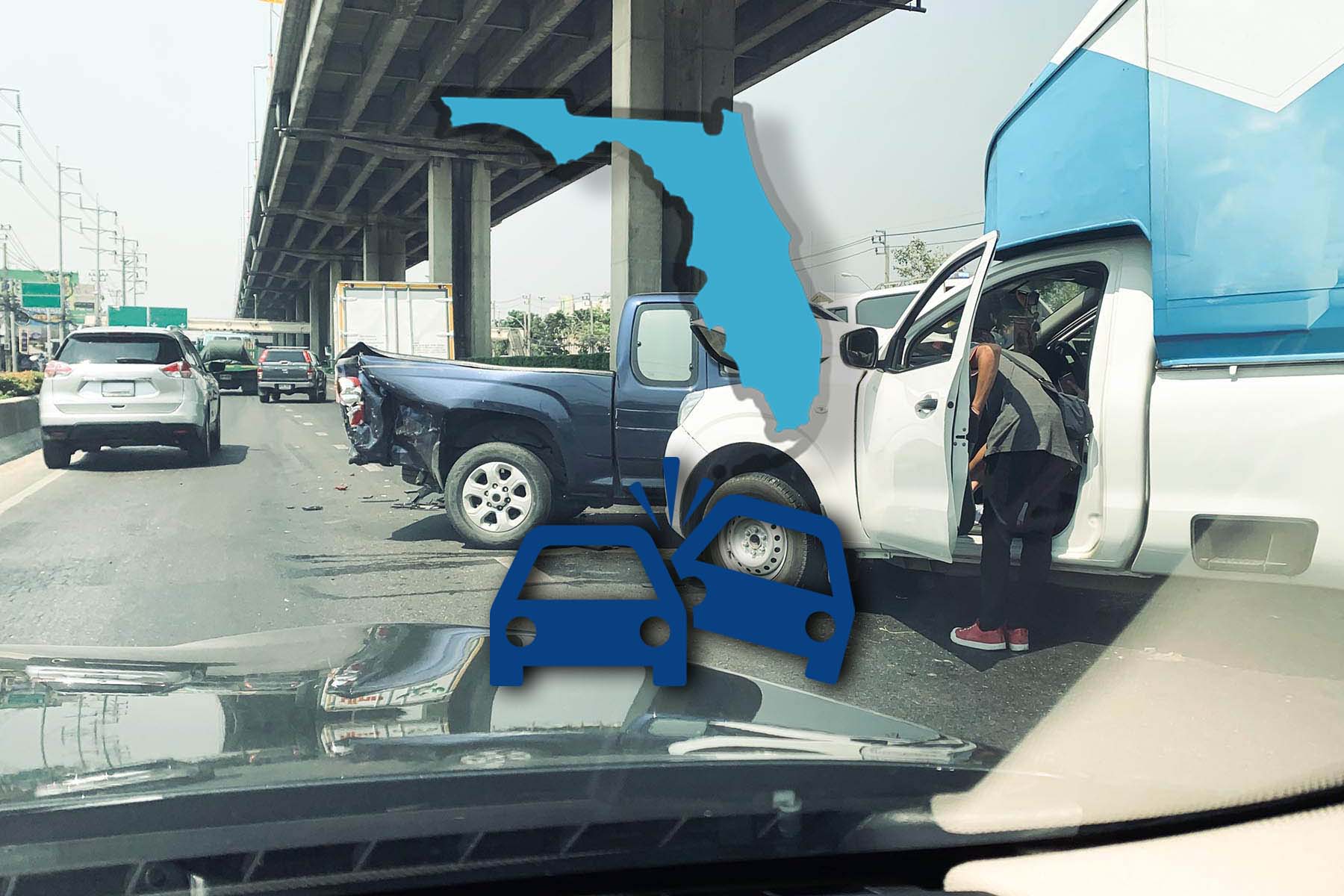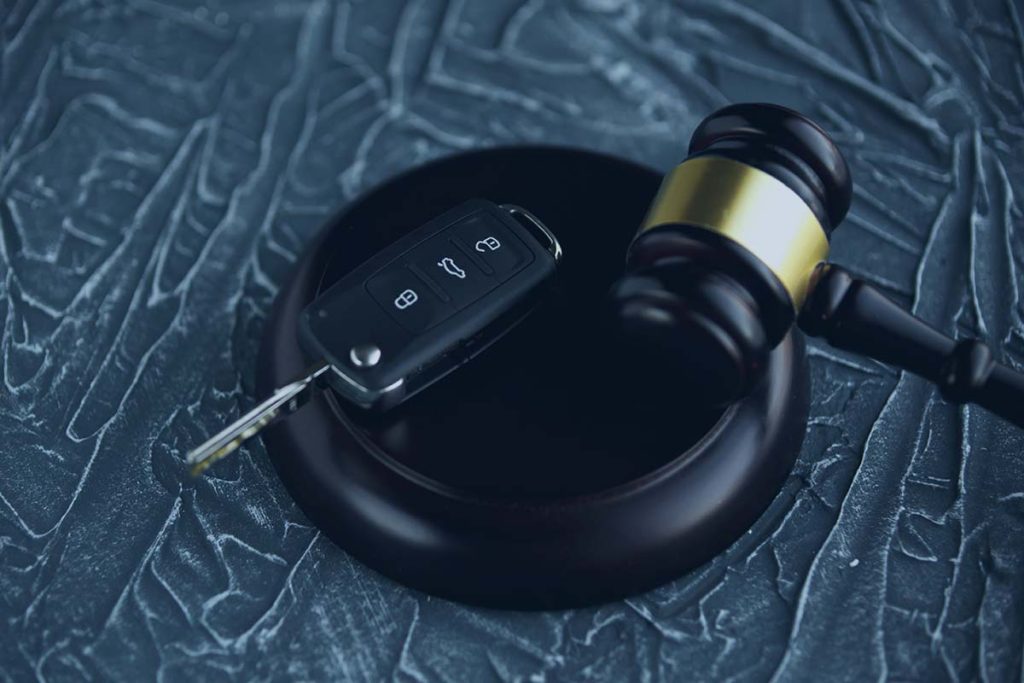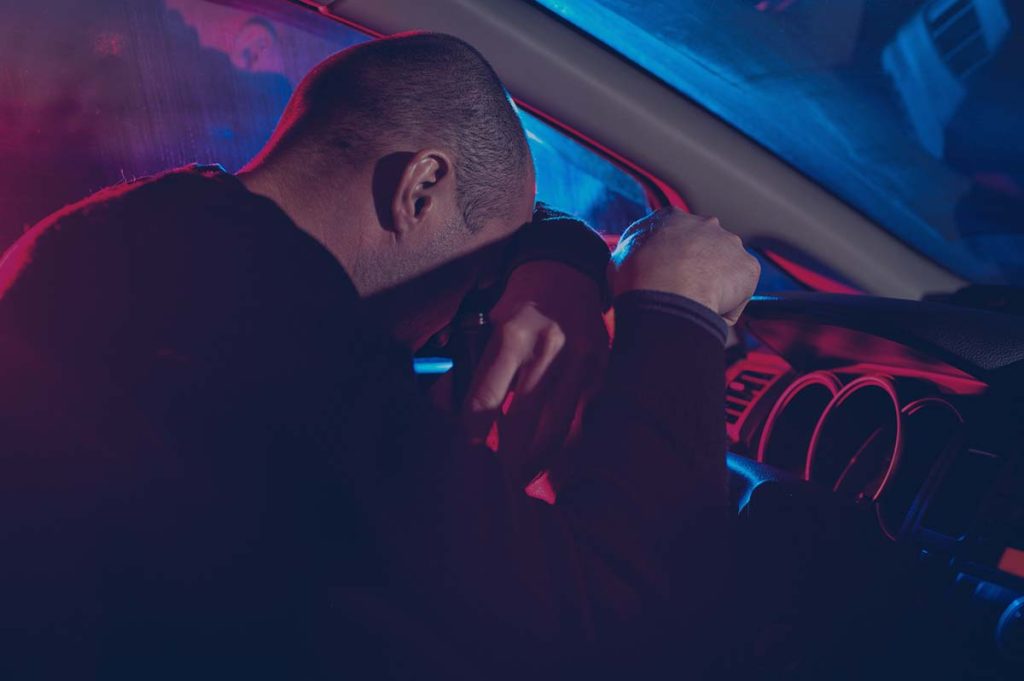
Last verified: January 2026. This guide reflects Florida Statutes Chapter 316, including recent amendments.
📑 Table of Contents (click to expand)
- Quick Summary
- Penalties by Offense Level
- Driver Duties After a Crash
- Enhanced Penalties for Vulnerable Road Users
- When Hit and Run Becomes a Felony
- Florida Crash Statistics
- How Fault is Determined
- Dangerous Instrumentality Doctrine
- Statute of Limitations
- Common Defenses
- Frequently Asked Questions
- Related Florida Laws
Quick Summary
Florida has some of the strictest hit and run laws in the nation. The Sunshine State sees thousands of hit and run crashes each year, and penalties have been increased significantly to deter this crime.
- Property damage only: Second-degree misdemeanor, up to 60 days jail, $500 fine
- Injury (non-serious): Third-degree felony, up to 5 years prison, $5,000 fine
- Serious bodily injury: Second-degree felony, up to 15 years prison, $10,000 fine
- Death: First-degree felony, up to 30 years prison, mandatory minimum 4 years
- License revocation: Minimum 3 years for any injury or death hit and run
- Florida is a no-fault state: Your own insurance pays for your injuries regardless of who caused the crash
References:
- F.S. § 316.027: Crash involving death or personal injuries
- F.S. § 316.061: Crashes involving damage to vehicle or property
- F.S. § 316.062: Duty to give information and render aid
Florida Hit and Run Penalties

Property Damage Only (F.S. § 316.061)
Leaving the scene of a crash that results only in property damage is a second-degree misdemeanor:
- Fine: Up to $500
- Jail: Up to 60 days
- Nonmoving violation: Failure to move a damaged vehicle obstructing traffic is a separate citation
Injury (Non-Serious) (F.S. § 316.027(2)(a))
Leaving a crash involving injury to another person (not serious bodily injury) is a third-degree felony:
- Prison: Up to 5 years
- Fine: Up to $5,000
- License revocation: Minimum 3 years
Serious Bodily Injury (F.S. § 316.027(2)(b))
“Serious bodily injury” means a physical condition creating a substantial risk of death, serious disfigurement, or protracted loss of a bodily function. Leaving such a scene is a second-degree felony:
- Prison: Up to 15 years
- Fine: Up to $10,000
- License revocation: Minimum 3 years
Death (F.S. § 316.027(2)(c))
A fatal hit and run is a first-degree felony with severe consequences:
- Prison: Up to 30 years
- Mandatory minimum: 4 years (cannot be reduced)
- DUI involvement: Mandatory 4-year minimum if driving under the influence
- License revocation: Minimum 3 years
- Prior convictions: Offenders with previous hit and run, racing, or DUI convictions must be held in custody until bail hearing
Your Legal Duties After a Crash (F.S. § 316.062)

Florida law requires every driver involved in a crash to:
- Stop immediately at the scene or as close as possible
- Provide your information to the other driver, property owner, or law enforcement:
- Name and address
- Vehicle registration number
- Driver’s license (upon request)
- Render reasonable assistance to anyone injured, including arranging transportation to a medical facility
- Move your vehicle if it obstructs traffic and is safely movable
- Report the crash to the nearest police authority if an officer is not present at the scene
If you cannot locate the property owner: Leave a written notice with your name, address, and contact information in a conspicuous place on the damaged property, then notify the nearest police station.
Enhanced Penalties for Vulnerable Road Users
Florida law provides enhanced penalties when hit and run victims are “vulnerable road users,” including:
- Pedestrians (including highway workers and emergency responders)
- Bicyclists and electric bicycle riders
- Motorcyclists and scooter operators
- Persons using wheelchairs or electric mobility devices
- Skateboarders and roller skaters
- Persons riding animals or horse-drawn carriages
- Farm tractor operators
When the victim is a vulnerable road user, the offense is ranked one level higher for sentencing purposes under F.S. § 316.027(2)(f).
When Does Hit and Run Become a Felony?

In Florida, a hit and run becomes a felony when:
- The crash results in any injury to another person (third-degree felony)
- The crash causes serious bodily injury (second-degree felony)
- The crash results in death (first-degree felony)
- The driver acted intentionally to cause harm
- The driver was under the influence of alcohol or drugs
Additional charges may include:
- Vehicular homicide
- DUI manslaughter
- Reckless driving
- Fleeing and eluding (if police are present)
Florida Traffic Crash Statistics
According to the Insurance Institute for Highway Safety (IIHS) and NHTSA data for 2023:
- Total traffic deaths: 3,396
- Death rate: 15.0 per 100,000 population
- Deaths per 100 million vehicle miles: 1.42
- Car occupant deaths: 879 (26%)
- Pickup and SUV occupant deaths: 700 (21%)
- Pedestrian deaths: 771 (23%)
- Motorcyclist deaths: 667 (20%)
- Bicyclist deaths: 230 (7%)
- Urban vs. rural: 75% urban, 21% rural
- Single-vehicle crashes: 51%
- Restraint use among fatalities: 53% were restrained
Florida consistently ranks among the top states for hit and run fatalities. The high volume of pedestrian and cyclist deaths makes vulnerable road user protections particularly important.
How Fault is Determined in Florida
Florida is a no-fault insurance state. After an accident:
- You file claims through your own Personal Injury Protection (PIP) insurance
- PIP covers medical expenses and lost wages regardless of who caused the crash
- You may sue the at-fault driver only if injuries meet the serious injury threshold
Important: Do not admit fault at the scene. Let investigators determine responsibility. Admitting fault could affect your insurance claim and any future litigation.
Dangerous Instrumentality Doctrine
Florida follows the “dangerous instrumentality doctrine.” Under this rule:
- Vehicle owners may be held vicariously liable for damages caused by anyone driving their vehicle with permission
- If someone commits a hit and run in your car (with your consent), you could be held liable for the victim’s injuries
This doctrine creates significant financial exposure for vehicle owners. Consult an attorney if someone else was driving your vehicle during a hit and run.
Statute of Limitations
Under Florida Statutes 95.11, you have four years from the date of the accident to file a personal injury lawsuit. For property damage claims, the same four-year limit applies.
Tip: Report the crash within 10 days if law enforcement was not present at the scene. Filing promptly helps preserve evidence and witness memories.
Common Defenses for Hit and Run in Florida
Defenses depend on the specific facts. Common arguments include:
- Lack of knowledge: You were genuinely unaware that a crash occurred
- Safety concerns: You left due to fear for your safety (hostile victim, dangerous location)
- Compliance: You fulfilled all legal requirements before leaving and promptly reported to police
- No actual injury: The alleged victim did not actually suffer injury or damage
- Not the driver: Someone else was operating your vehicle
- Emergency: You left to seek urgent medical care for yourself or a passenger
Note that the law presumes you knew you were involved in a crash if it resulted in death or injury (F.S. § 316.061).
Frequently Asked Questions
How long do I have to report a hit and run in Florida?
You must call law enforcement immediately. If an officer is not available at the scene, you must report to the nearest police station or the Florida Highway Safety and Motor Vehicles department within 10 days.
What if I hit a parked car and cannot find the owner?
Leave a written note with your name, address, and contact information in a conspicuous place on the damaged vehicle. Then report the incident to the nearest police station. Failure to do so is a misdemeanor.
Can I get my license back after a hit and run conviction?
License revocation for hit and run involving injury or death is a minimum of 3 years. To reinstate your license, you must complete either a victim’s impact panel session or a department-approved driver improvement course on vulnerable road users.
What is the penalty for a first-time hit and run offense?
It depends on the severity. Property damage is a misdemeanor with up to 60 days jail. Injury is a felony with up to 5 years. Death carries a mandatory minimum of 4 years prison, even for first offenses.
Can the mandatory minimum sentence be reduced?
For fatal hit and runs, the defendant may move to depart from the mandatory minimum only if they were NOT driving under the influence. The court must find clear and compelling reasons why the mandatory sentence would be unjust.